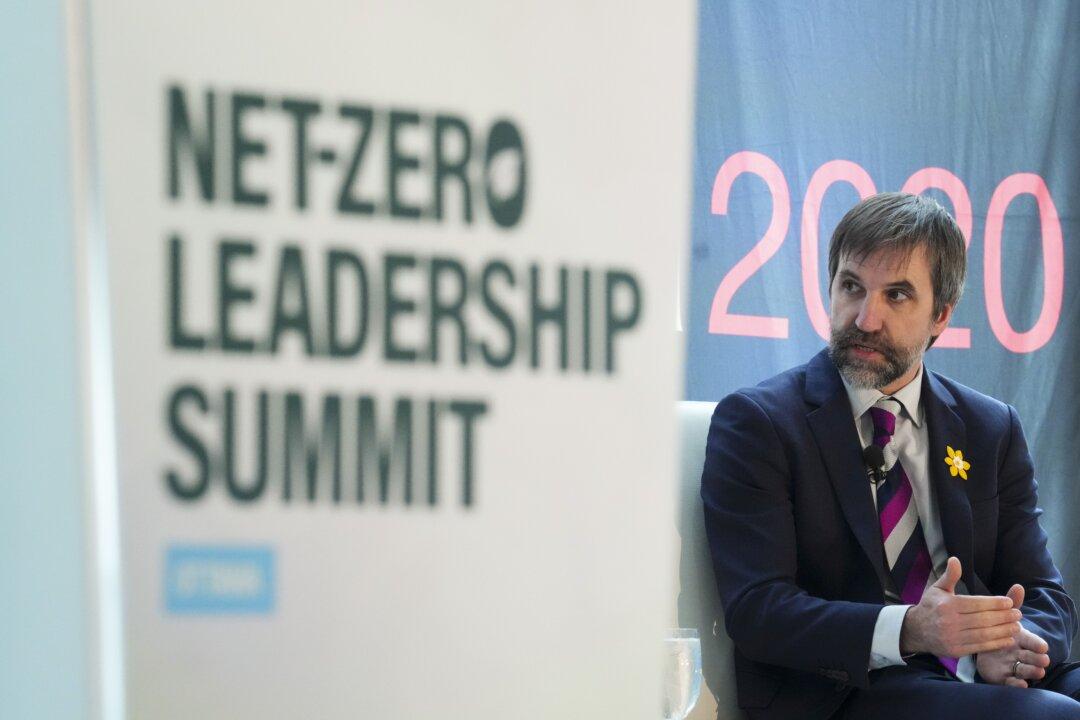The federal government has made available its draft Clean Energy Regulations that aim to remove hydrocarbons in the production of electricity to achieve a net-zero grid by 2035.
Environment Minister Steven Guilbeault said during the announcement in Toronto on Aug. 10 that the purpose of the new regulations is to tackle climate change, phase out unabated fossil fuel power plants, and to help Canadians spend less money on energy.





